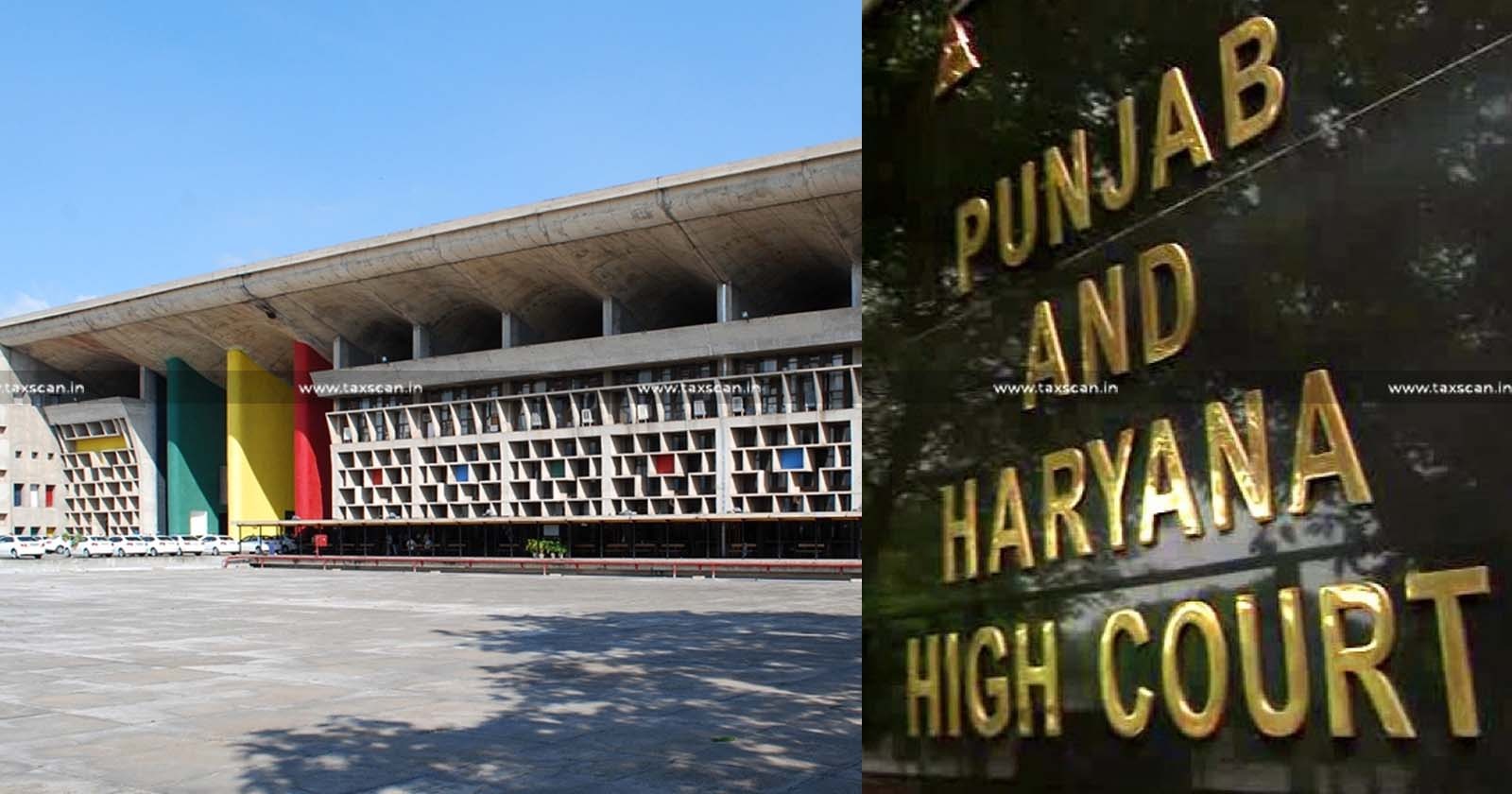Writ cannot be invoked to Challenged NFRA Notices: Telangana HC Dismisses Plea of Statutory Auditors of Concord Drugs [Read Order]
Since only show cause notices had been issued and no final orders were passed, the Court found no grounds for interference
![Writ cannot be invoked to Challenged NFRA Notices: Telangana HC Dismisses Plea of Statutory Auditors of Concord Drugs [Read Order] Writ cannot be invoked to Challenged NFRA Notices: Telangana HC Dismisses Plea of Statutory Auditors of Concord Drugs [Read Order]](https://images.taxscan.in/h-upload/2025/07/24/2068460-concord-drugs-statutory-auditors-nfra-notices-taxscan.webp)
The High Court of Telangana dismissed the plea filed by statutory auditors of Concord Drugs, holding that a writ petition could not be invoked to challenge show cause notices issued by the National Financial Reporting Authority (NFRA).
Mukund Vijayrao Joshi,petitioner-assessee,Chartered Accountant and fellow member of Instituteof Chartered Accountants of India (ICAI), challenged a show cause notice issued by the NFRA through W.P. No. 29510 of 2023. He had been in practice since 2003 and was a partner at M/s. M.M. Reddy & Company.
NFRA, a statutory body set up under Section 132(1) of the Companies Act, 2013, issued a notice on 09.11.2022 asking him to submit audit files related to the statutory audit of M/s. Concord Drugs Limited for the financial years 2015-16 and 2016-17.
The petitioner stated that he submitted all relevant documents through letters dated 23.11.2022, 05.01.2023, and 17.01.2023. Despite this, NFRA issued another show cause notice on 04.10.2023, which led to the filing of the writ petition.
In its response, NFRA said it was established to improve oversight in the auditing profession, following concerns raised by various committees and the Supreme Court over self-regulation by ICAI. It highlighted past instances of misconduct by audit firms that led to investor and public losses, and claimed that its regulatory powers, including the issuance of notices, were legal and necessary. NFRA sought dismissal of the petition.
Justice C.V Bhaskar Reddy examined whether the NFRA, formed on 01.10.2018 under Section 132 of the Companies Act, 2013, had the power to investigate professional misconduct related to financial years before its formation.
It noted that NFRA was created after expert committees and the Standing Committee on Finance recommended stronger oversight, as the existing self-regulation by ICAI was found inadequate. Before NFRA came into existence, disciplinary actions were handled under the Chartered Accountants Act, 1949, with milder penalties.
The petitioners argued that NFRA could not take action for past years, as the enhanced penalties under the amended Section 132(4)(c) were much stricter than those available earlier. They claimed this violated Article 20(1) of the Constitution, which bars retrospective application of penal laws.
 Also Read:Punjab & Haryana HC Quashes JAO’s Notice Issued Without Jurisdiction, Says Notice Should Be Issued by FAO [Read Order]
Also Read:Punjab & Haryana HC Quashes JAO’s Notice Issued Without Jurisdiction, Says Notice Should Be Issued by FAO [Read Order]
The bench also referred to similar matters where the National Company Law Appellate Tribunal (NCLAT) and the Delhi High Court upheld NFRA’s authority. The Supreme Court later confirmed the NCLAT's order and, in a pending case from Delhi, directed that proceedings could continue but final orders should not be passed where no Audit Quality Review Reports were prepared.
Based on these developments, and since the matter involved only show cause notices, the Court found no merit in the petitions and dismissed them.
Support our journalism by subscribing to Taxscan premium. Follow us on Telegram for quick updates


